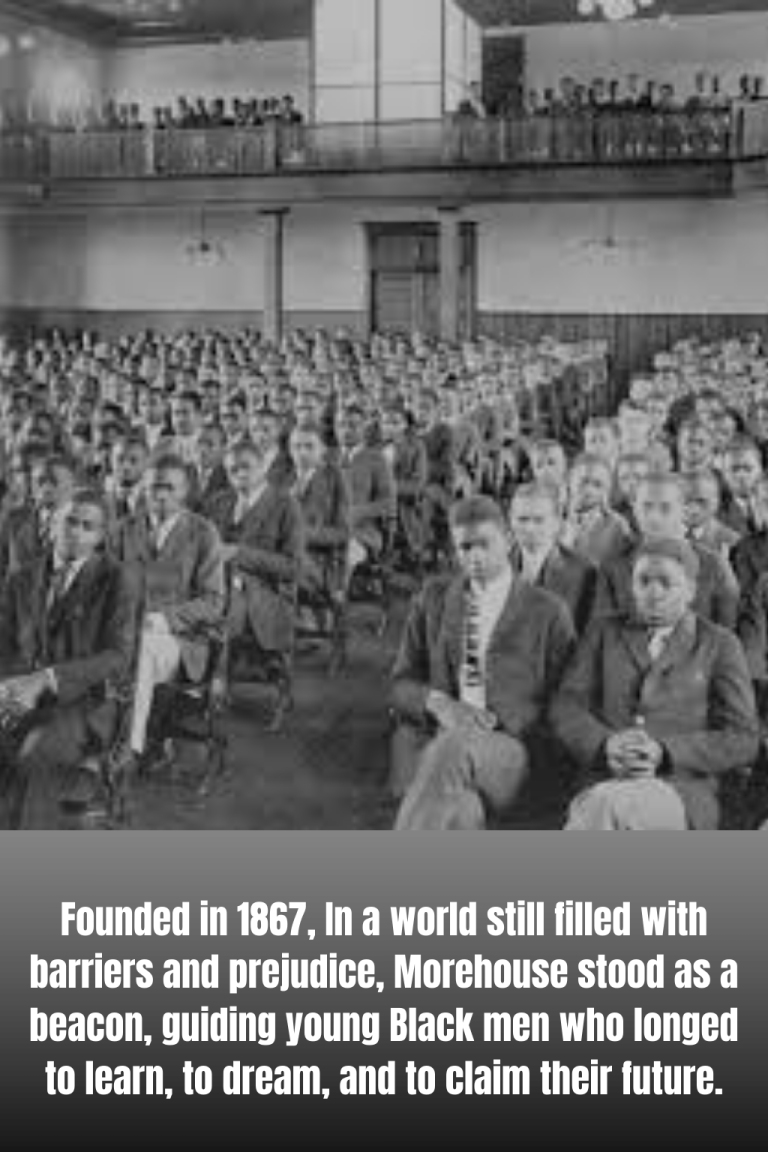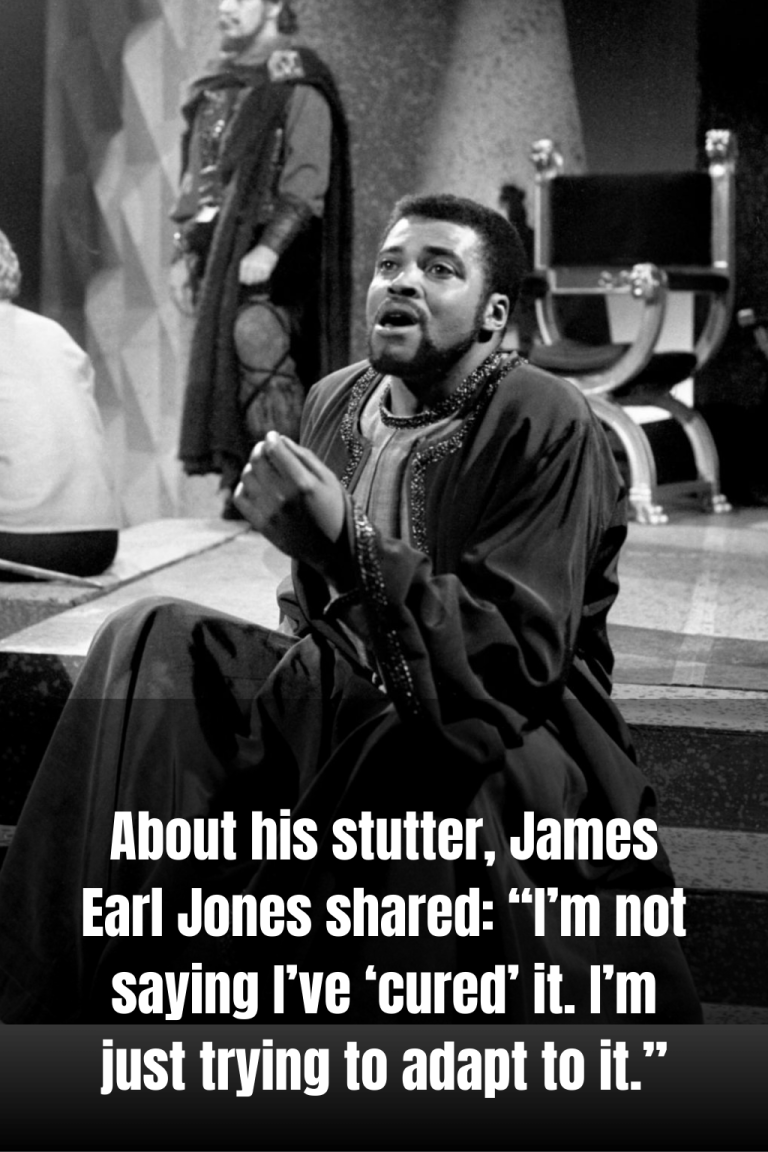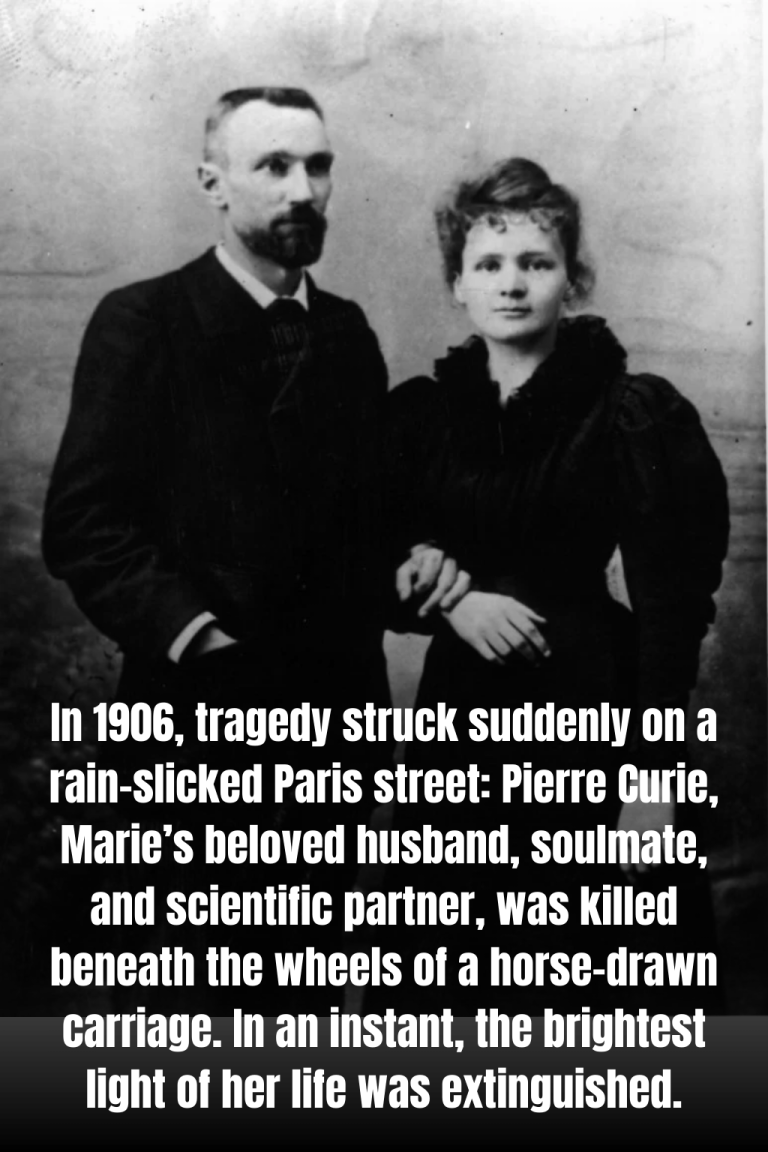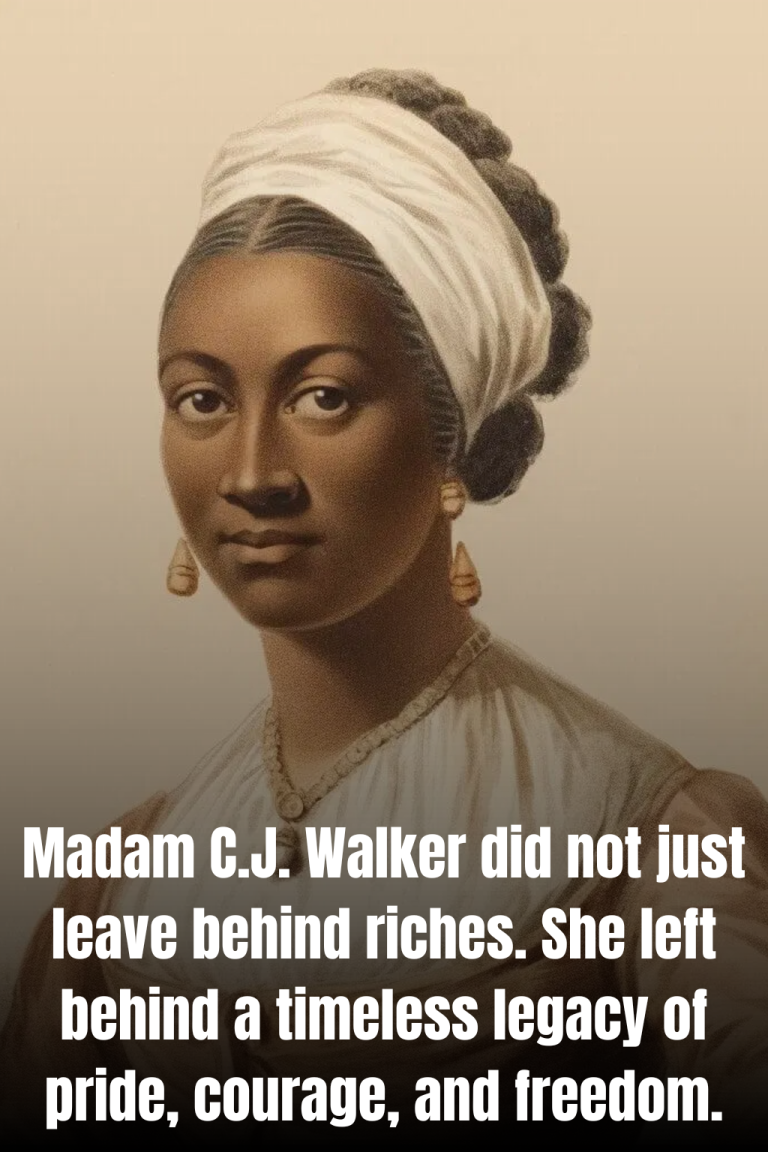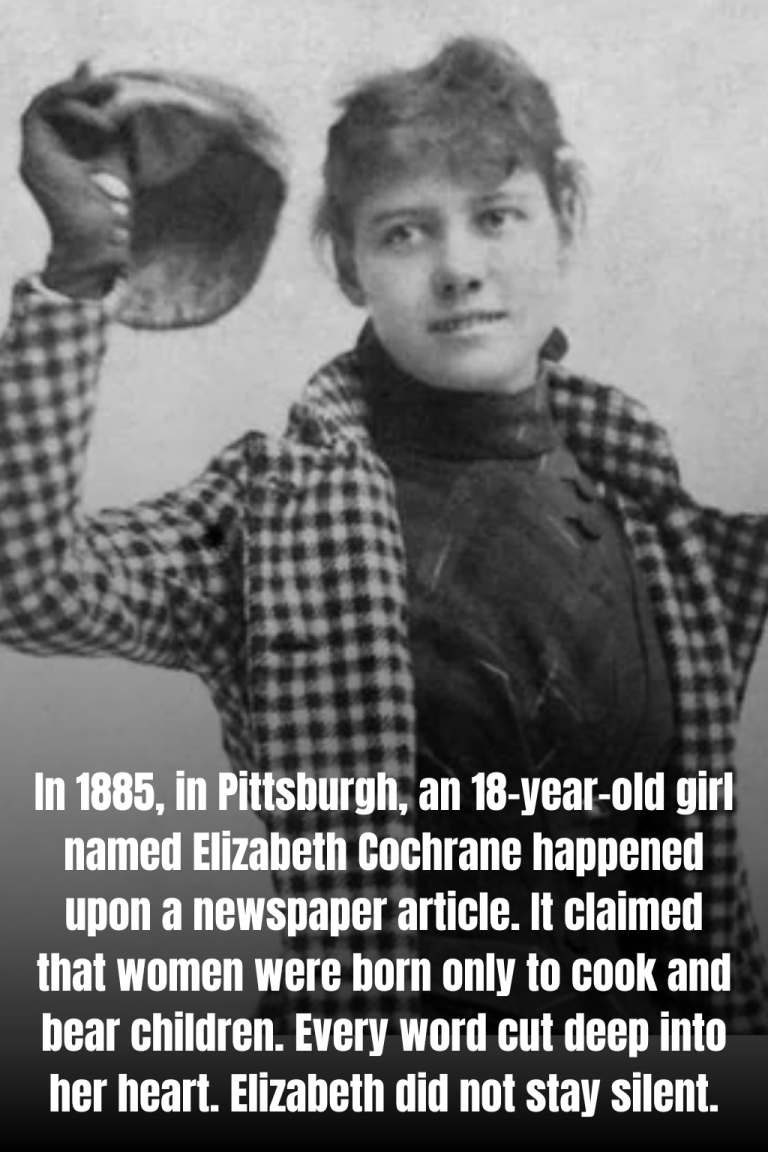Helen Keller and the Journey Out of Eternal Darkness
On a summer morning in 1882 in Tuscumbia, Alabama, the cries of a 19-month-old child suddenly fell silent after a raging fever. When the illness subsided, the Keller family faced a devastating truth: Helen could no longer hear, nor could she see.
Her world collapsed into absolute darkness and eternal silence. Helen could not call for her mother, hear her father’s voice, or see the smiles of her loved ones. Each day, she struggled in frustration, expressing herself through crude gestures and angry outbursts. Many feared that her life would be forever imprisoned in an invisible cage of silence.
But destiny brought someone into her life — Anne Sullivan, a young teacher who had also endured blindness. In 1887, Anne entered the Keller household with a belief that within that darkness, a hidden flame was waiting to be lit.
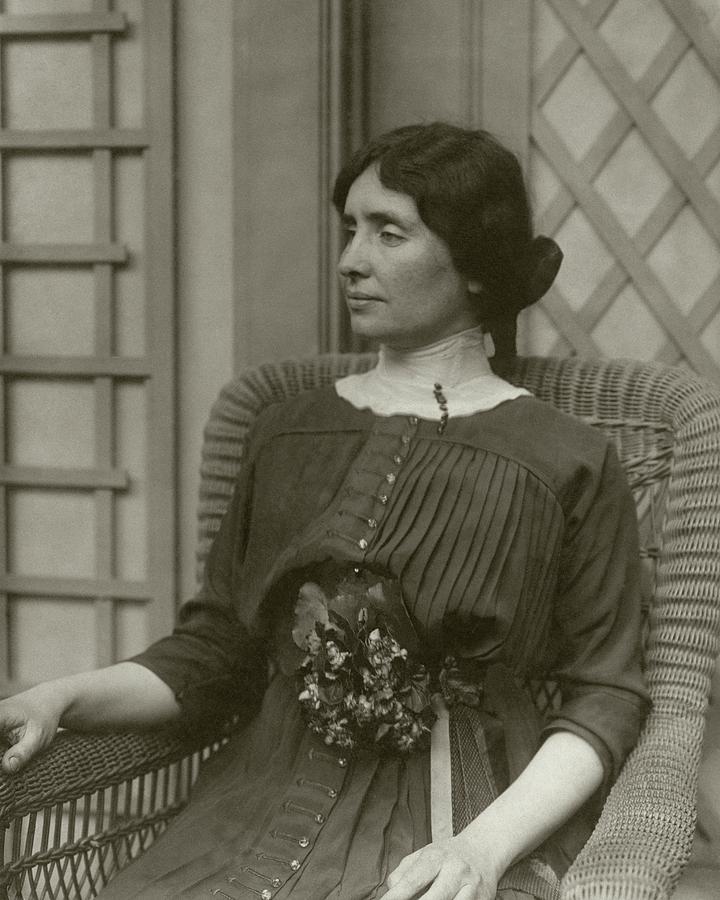
Patiently, Anne took Helen’s hand and spelled words into her palm. At first, Helen only mimicked without meaning. But one April day, as Anne let water flow over Helen’s hand and spelled W-A-T-E-R, a miracle unfolded. Helen suddenly understood: those signs were language, the key to unlocking the world.
In that instant, Helen Keller’s eternal night cracked open with light. She burst into tears of joy, while Anne Sullivan wept, knowing she had just freed a soul.
From then on, Helen threw herself into learning with unstoppable determination. She mastered Braille, learned to speak, and went on to college — becoming the first deaf-blind person in history to earn a bachelor’s degree. But Helen’s journey did not stop at personal triumph. She traveled the world, lecturing, writing, and fighting for the rights of the disabled, for women, and for the working poor.
Helen Keller turned her own life into living proof that darkness and silence cannot bury the human spirit. She not only broke free from her own fate but also tore down society’s barriers, inspiring millions of disabled people worldwide to believe they too could rise and shine.
When she passed away in 1968, Helen Keller left behind more than books and speeches. She left behind an eternal flame: proof that from the deepest darkness, humanity can still find light — for itself, and for the world.
